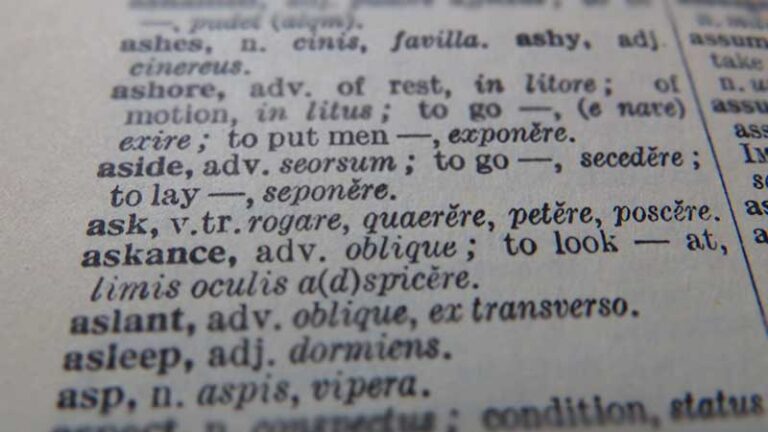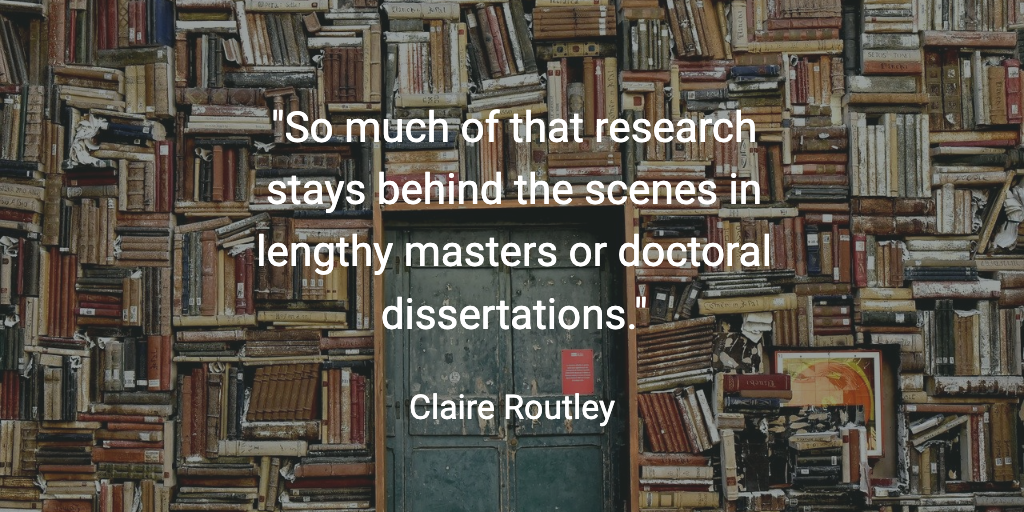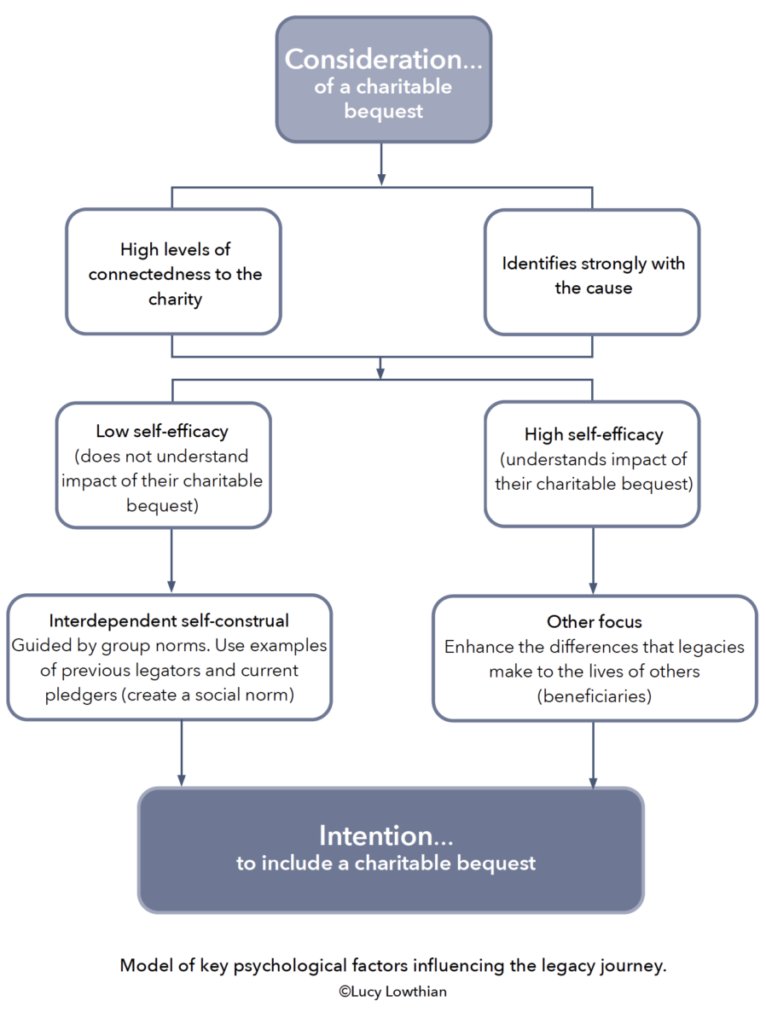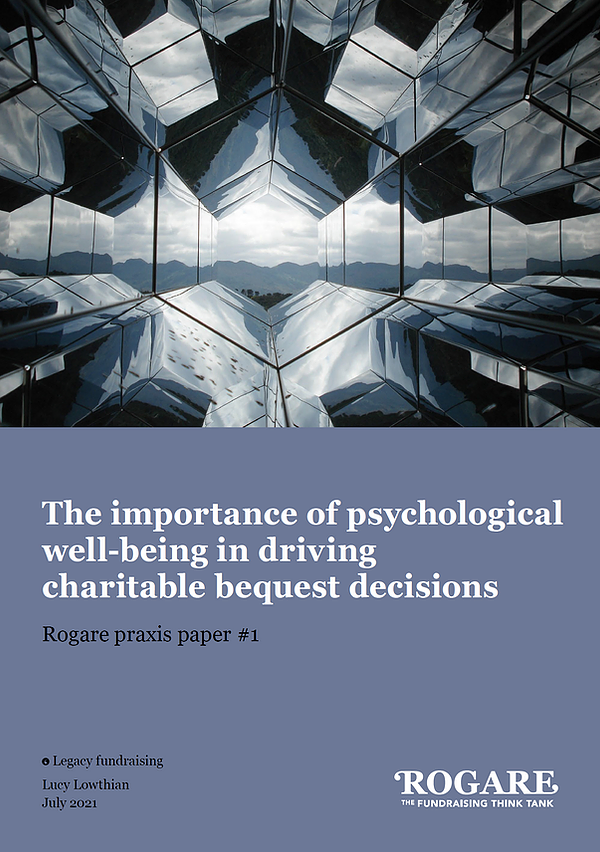Rogare highlights fundraisers’ academic research and its practical applications

Fundraising think tank Rogare is publishing a series of papers to showcase fundraisers’ academic research to a wider readership of fundraisers. The ‘praxis’ papers will showcase fundraisers’ doctoral and Master’s research, and contain suggestions about how the research can be applied to day-to-day fundraising.
‘Praxis’ or ‘doing’ is at the heart of Rogare’s aims, suggesting turning theory into action.
The first paper in the series, by Lucy Lowthian at Samaritans’ (UK), explores the psychological well-being factors that influence the intention to leave a legacy to charity.
Advertisement
New research
The ‘praxis papers’ will all showcase a fundraiser’s research that has been completed recently for a PhD or Master’s degree.
Legacy specialist Dr Claire Routley is the editor of the paper series.
She explains that the focus on recent and completed research at this level means that the research has already been reviewed and passed the academic quality control process, with the result that fundraisers can be confident that it is robust.
SEE ALSO: Rogare project examines ethics of legacy fundraising during emergencies (26 June 2020)
Rogare has chosen not to showcase the research of full-time academics. Routley said:
“We’re focusing on research conducted by fundraisers themselves so readers can be confident that it will be relevant to the issues that they face and will have a practical impact on their work.

“With the growth of professional fundraising education, there’s an increasing amount of insightful and robust fundraising research being carried out – but so much of that research stays behind the scenes in lengthy masters or doctoral dissertations.
“Even when the research is published in a more concise form in academic journals, paywalls can mean that it doesn’t filter down to fundraisers working on the ground, and thus doesn’t make its way into professional practice. We hope that this series of papers will showcase some of the most interesting, most up-to-date research in the sector in an accessible, readable way.”
Dr Routley herself completing a PhD in 2011 in which she looked at the relationship between people’s life histories and the charities they choose to support with a legacy, as well as how legacy giving may enable them to live on into the future.
Rogare praxis paper #1
In the first of this series, published today, Dr Lucy Lowthian, legacy marketing manager at The Samaritans in the UK, presents her research at Plymouth University into the psychological well-being factors that influence people’s intention to leave a gift to charities in their wills.
These are:
- Connectedness
- Self-efficacy
- Purpose in life
- Identify importance…
Dr Lowthian brings these together in a model that is published in the paper.

She explained the significance and utility of her research for other fundraisers.
“There is a limited amount of research on legacy giving and an even smaller amount on
psychological well-being. My research demonstrates the importance of priming individuals to
consider leaving a charitable bequest in a way that enhances well-being and makes them
feel good.“I hope that the findings of this study can provide a better understanding of the most
effective ways to prime people about legacy giving.”

Praxis paper one
You can download Lucy Lowthian’s paper, The importance of psychological well-being in driving charitable bequest decisions, from Rogare.
Future praxis papers
Rogare aims to publish three or four praxis paper each year. This is part of the international think tank’s remit to explore under-researched and ‘under-thought’ areas of fundraising.
Potential papers have already been lined up from member’s of Rogare’s Critical Fundraising Network. But its director Ian MacQuillin is keen to hear from any fundraiser who has completed their research for a Master’s degree or PhD and is interested in turning it into a Rogare praxis paper. They should contact Claire Routley via LinkedIn or submit the contact form on the Rogare website.
MacQuillin added:
“It has always been Rogare’s intention to co-create fundraising’s knowledge base with fundraisers, which is why we all our projects are always staffed with fundraising practitioners. This new series is a perfect addition to how we approach the subject of co-creating knowledge with fundraisers. Like all our outputs, the series will be available free to all fundraisers who want to put into practice the insights these papers present.”
Rogare’s reports and other outputs are available online.
- Rogare is running a survey on ‘donor dominance’. Fundraisers are invited to share if they have experienced inappropriate behaviour from a donor, or have not.
- Rogare invites debate and discussion on critical issues in fundraising in the Critical Fundraising Forum on Facebook.



